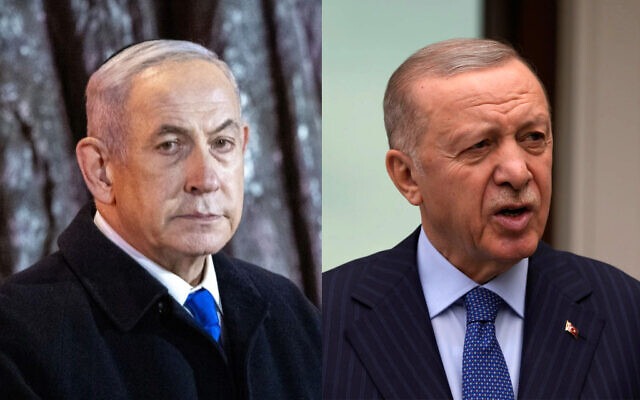In a remarkable display of selective solidarity, Turkish President Recep Tayyip Erdogan has once again showcased his unique approach to resistance movements. While Erdogan has been known to applaud and support various international liberation efforts, his stance shifts dramatically when it comes to Kurdish resistance within his own borders.
Historically, Erdogan has championed causes that align with Turkey’s strategic interests abroad, often voicing robust support for groups that resist oppression—as long as they are not Kurdish. His administration has famously backed operations in Syria that have been crucial in shaping the geopolitical landscape in Turkey’s favor, while simultaneously condemning and actively suppressing Kurdish efforts for autonomy and recognition within Turkey.
This dichotomy is starkly evident in the Turkish government’s ongoing conflict with the Kurdistan Workers’ Party (PKK), which is labeled a terrorist organization by Turkey and several other countries. Despite the PKK’s stated goals of Kurdish autonomy and cultural rights, any Kurdish movement towards autonomy is met with severe crackdowns, including military operations and stringent policies aimed at dismantling Kurdish political and cultural institutions.
The international community has often criticized Erdogan’s policies, which appear to be driven by a blend of nationalism and security concerns, as being overly harsh and at odds with his otherwise supportive stance on national resistance movements. Human rights organizations have particularly highlighted the repressive measures taken against peaceful Kurdish activists and politicians, who face arrests and long-term imprisonment.
Erdogan’s approach reveals a complex narrative of governance where the definition of ‘resistance’ is intricately tied to national interests rather than a universal principle of self-determination. This policy has not only affected Turkey’s domestic policy but also its international relations, particularly with countries and organizations that advocate for minority rights and autonomy.
In Erdogan’s political playbook, it seems, not all resistance is created equal. The Kurdish question remains a glaring exception to his rule of supporting the underdog, underscoring a selective empathy that aligns closely with geopolitical calculations rather than ideological consistency.


Great Read Can i leave my thoughts ?! –
Thanks for reading , Love The Blog !!
Thanks – TheDogGod pomeranianpuppies.uk Thanks – Pomeranian Puppies & Adult Dog Guides & Tips http://pomeranianpuppies.uk